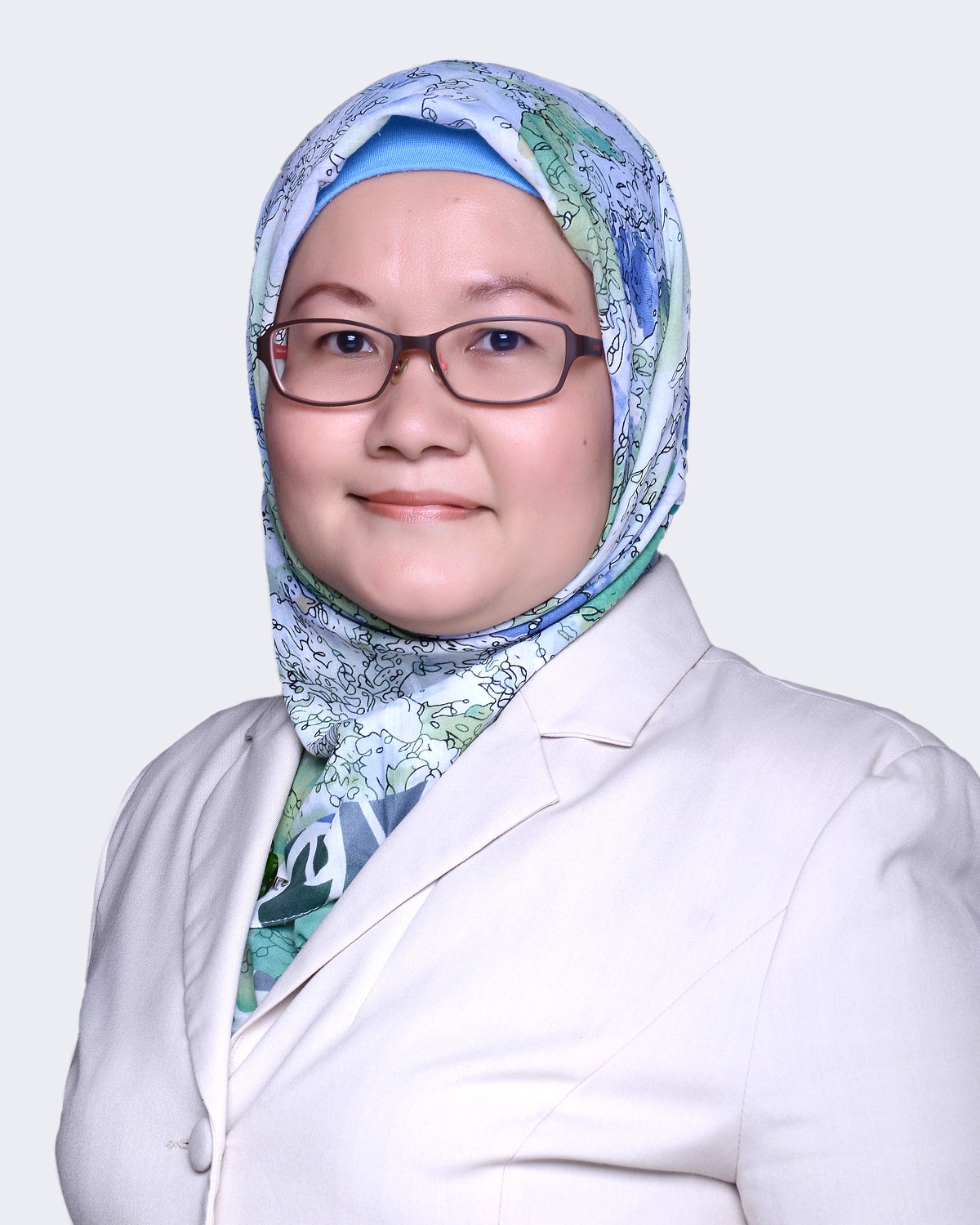
While the Indonesian government already has the power to exercise compulsory licensing through existing patent laws, a new regulation, thought to be a preemptive response to the development of a vaccine for COVID-19, has expanded the scope of the government’s ability to use patents in the public interest.
The changes are contained in Presidential Regulation No. 77/2020 regarding Procedures of Patent Implementation by the Government, which took effect on July 8, 2020, and is an implementing regulation of Patent Law No. 13/2016 (chapter 7, articles 109–120).
Compulsory Licensing Types
The government may exercise compulsory licensing on a patent for one of two broad reasons: national defense and security (in which case the patent can only be used by the government or its appointed party), or an urgent public need.
The national defense and security allowance applies to items such as firearms; ammunition; military explosive devices; interception, tapping, surveillance, encryption, and code analysis devices; and process and devices used by other countries for defense and security. Holders of patents used by the government for reasons of defense and national security cannot exercise their exclusive rights to use the patent, and are exempted from paying annuity fees on that patent.
The urgent public need allowance relates to:
- pharmaceutical and biotechnology products that are deemed expensive, or are necessary to overcome a disease that could cause a large number of deaths or significant disabilities in the short term and that constitutes a global public health emergency;
- chemical and biotechnology products that are related to agriculture and required for food security;
- animal medicine that is required to overcome pests or a contagious animal disease; and
- processes or products needed to deal with natural or environmental disasters.
A patent holder whose patent is implemented in an emergency for the public interest can still produce and use the goods covered by the patent while it is being used by the government, and the patent holders still need to pay annuity fees.
If the government cannot directly use a patent, a third party may be appointed to do so (i.e., assigned through compulsory license). The third party must have adequate facilities to implement the patent; must not transfer the patent to other parties; and must maintain production, circulation, and supervision standards in accordance with the provisions of the relevant legislation.
Requests to use patents under compulsory license are filed in writing with the Ministry of Law and Human Rights. The application needs to identify the item in question, the title of the invention and claim, and why the patent needs to be implemented by the government. Applications will be examined within 14 days of being received. After reaching a decision, the ministry will inform the patent holder within five days.

